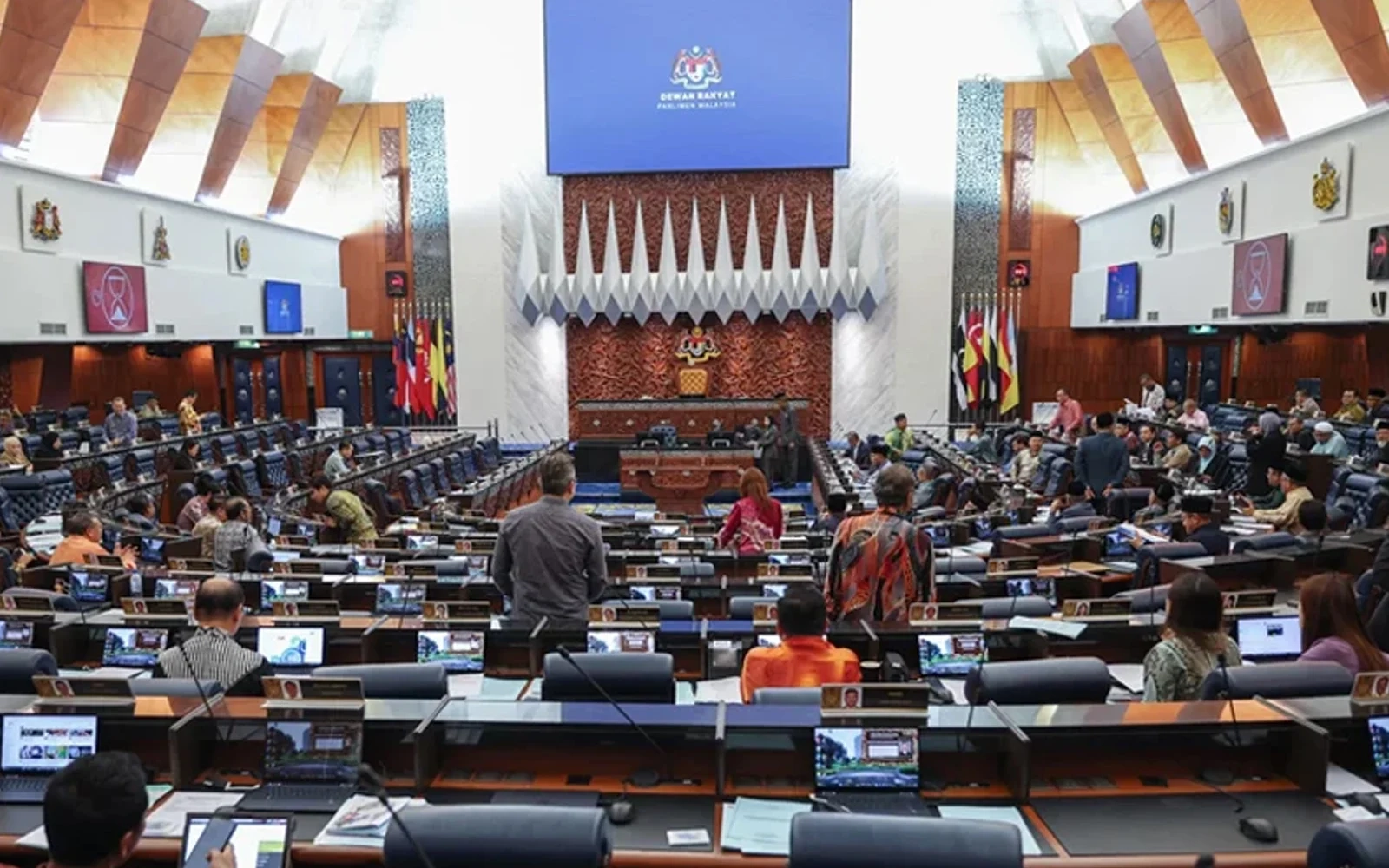ADVERTISE HERE
 Engage said giving Sabah and Sarawak additional seats would ‘supercharge’ its political parties, as they would need only 34 seats from the peninsula to secure a simple majority of 112 in the Dewan Rakyat. (Bernama pic)
Engage said giving Sabah and Sarawak additional seats would ‘supercharge’ its political parties, as they would need only 34 seats from the peninsula to secure a simple majority of 112 in the Dewan Rakyat. (Bernama pic)PETALING JAYA: Giving Sarawak and Sabah 35% of Dewan Rakyat seats will lead to “major electoral distortions”, says electoral reform NGO Engage.
In a statement today, Engage said despite concerns about safeguarding the Malaysia Agreement 1963, Sabah and Sarawak should not ask for more seats as they only have a combined electorate of 17.4% of Malaysia’s eligible voters.
According to Engage, the average number of voters in a parliamentary constituency in Sabah and Sarawak is 64,508, given its combined electorate of 3.7 million. It said this is only 68% of the national average of 95,377 voters.
“We believe the Dewan Rakyat is bloated and therefore we reject all calls to increase the number of seats in the Dewan Rakyat.
“In a 222-seat Dewan Rakyat, 78 seats are required to achieve the goal of 35%. Therefore, 21 seats will have to be added to the current 57 seats held by Sabah and Sarawak,” the group said.
It added that with the additional seats, the average number of voters in a parliamentary seat in the two states would then drop to 47,140, or 49% of the national average.
“The result would be a worsening of representation in already under-represented states like Selangor and Terengganu. Their average per constituency is 193,571 and 131,837, respectively.”
On Sunday, Sarawak premier Abang Johari Openg laid out his case for Sabah and Sarawak getting one-third of Dewan Rakyat seats, saying this would prevent the government from trying to nullify the provisions of the MA63.
Abang Johari said one-third of parliamentary seats were allocated to Sabah, Sarawak and Singapore at the formation of Malaysia in 1963.
This ratio ensured that the non-Malayan states had veto power in the Dewan Rakyat. However, when Singapore left the federation in 1965, its 15 parliamentary seats were not redistributed to the Borneo states, he added.
“It’s not that we want it (out of personal interest) but because we want to protect (our rights).
“In our parliamentary democracy, you can amend any part of the constitution as long as you have a two-thirds majority,” he said.
The NGO also raised its concern that the additional seats would “supercharge” the power of political parties in Sabah and Sarawak as they would need only 34 seats from Peninsular Malaysia to secure a simple majority of 112 in the Dewan Rakyat.
Engage said such disproportionality in power flies against the principle of democracy, where a government is formed by the collective will of the voters whose vote values are more or less equal through elections.
“All governments formed through such distortions are unlikely to be stable or popularly supported,” it said.








 English (US) ·
English (US) ·